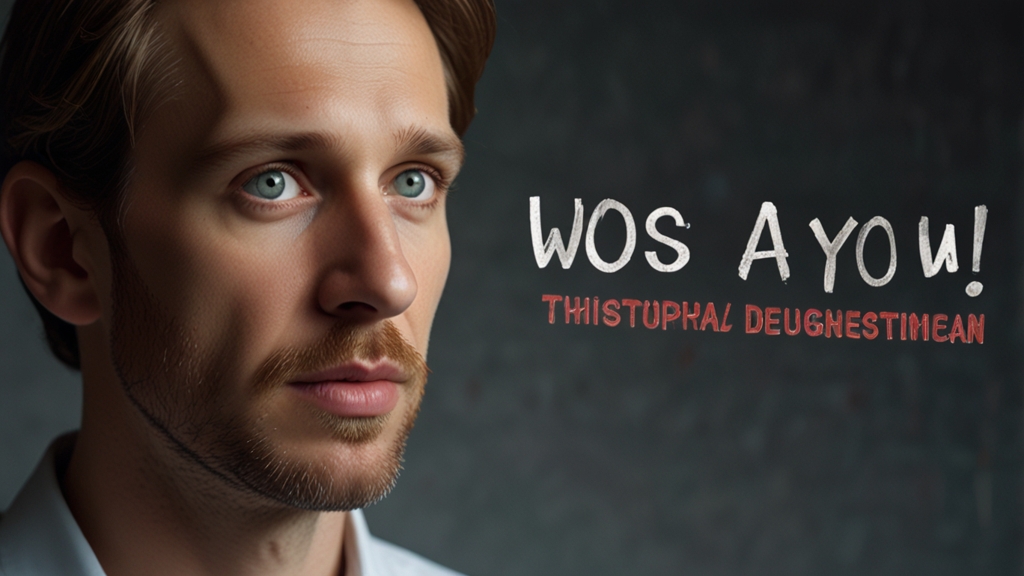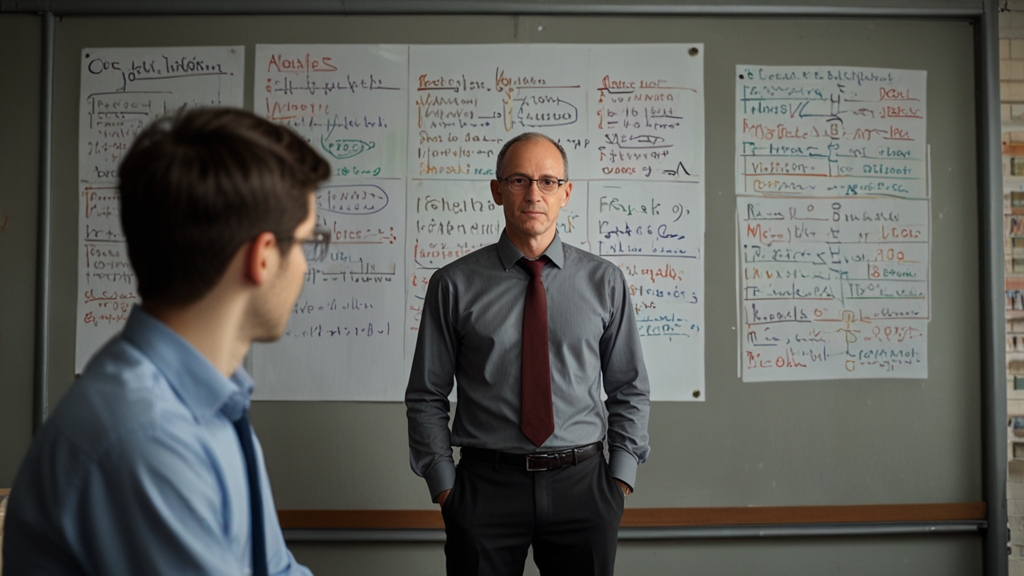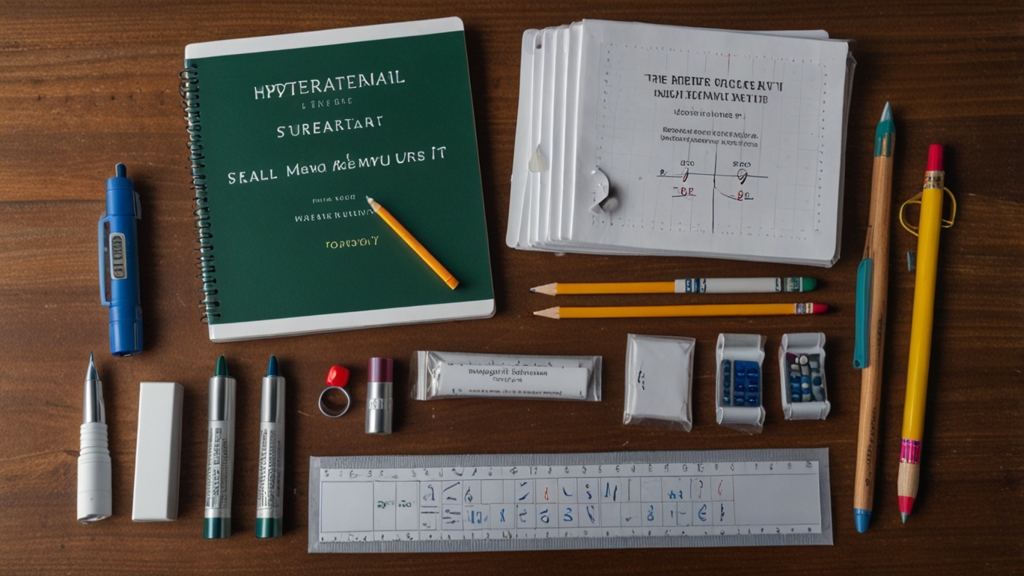Reality Check: Philosophical Questions That Will Change Your Life
Philosophy often seems like an abstract field, far removed from everyday life. However, by engaging with certain philosophical questions, we can gain profound insights into our existence, values, and perception of reality. These questions compel us to rethink our assumptions and consider perspectives that we might otherwise overlook. In this article, we will explore some of these transformative questions.
What Is the Meaning of Life?
One of the oldest and most compelling questions is: "What is the meaning of life?" This question has been debated by thinkers across cultures and eras. While some argue that life has an inherent purpose, others suggest that any meaning is self-ascribed by individuals. Reflecting on this question can lead us to consider what we value most and what goals we strive to achieve in our lives.
"The meaning of life is not an answer that can be given to you; it is the quest that gives life meaning." - Joseph Campbell
How Do We Know What We Know?
This question delves into the realm of epistemology, the study of knowledge. How do we acquire knowledge, and how can we be sure of its validity? This can lead us to question the reliability of our senses, the role of reason, and the influence of social and cultural conditioning. Challenging our own beliefs and the sources of our knowledge can make us more open-minded and critical thinkers.
What Is Reality?
Philosophers have long pondered the nature of reality. Is there an objective reality, or is everything subjective and dependent on perception? This question can lead us to explore theories from metaphysics that question the very fabric of existence. Understanding that reality might be more complex than it appears broadens our perspective and can bring a sense of wonder and curiosity into our daily lives.
"Reality is merely an illusion, albeit a very persistent one." - Albert Einstein
Do We Have Free Will?
The debate over free will versus determinism is another foundational philosophical question. Do we have the freedom to make our own choices, or are our actions predetermined by genetics, environment, and other factors? Reflecting on the extent of our free will can significantly impact our sense of responsibility and how we view our decisions and actions.
What Is Justice?
Questions about justice and fairness are central to political and moral philosophy. What constitutes a just society? How do we balance individual rights with the common good? These questions become especially pertinent in discussions about law, governance, and ethics. Reflecting on justice can help us navigate complex social issues and strive towards a more equitable world.
"Justice is the constant and perpetual will to allot to every man his due." - Ulpian
What Does It Mean to Be Happy?
Happiness is a universal pursuit, but its definition varies widely. Is happiness found in pleasure, achievement, or something deeper like contentment or virtue? Philosophical inquiry into happiness encourages us to evaluate our life choices, our relationships, and our definitions of success.
Conclusion
Engaging with these philosophical questions can be a transformative experience. They push us to think critically and empathetically, challenge our preconceptions, and explore the depths of human existence. While we may never find definitive answers, the journey itself enriches our understanding and adds profound dimensions to our lives. By contemplating these questions, we not only change our own perspectives but also contribute to a more thoughtful and interconnected world.













